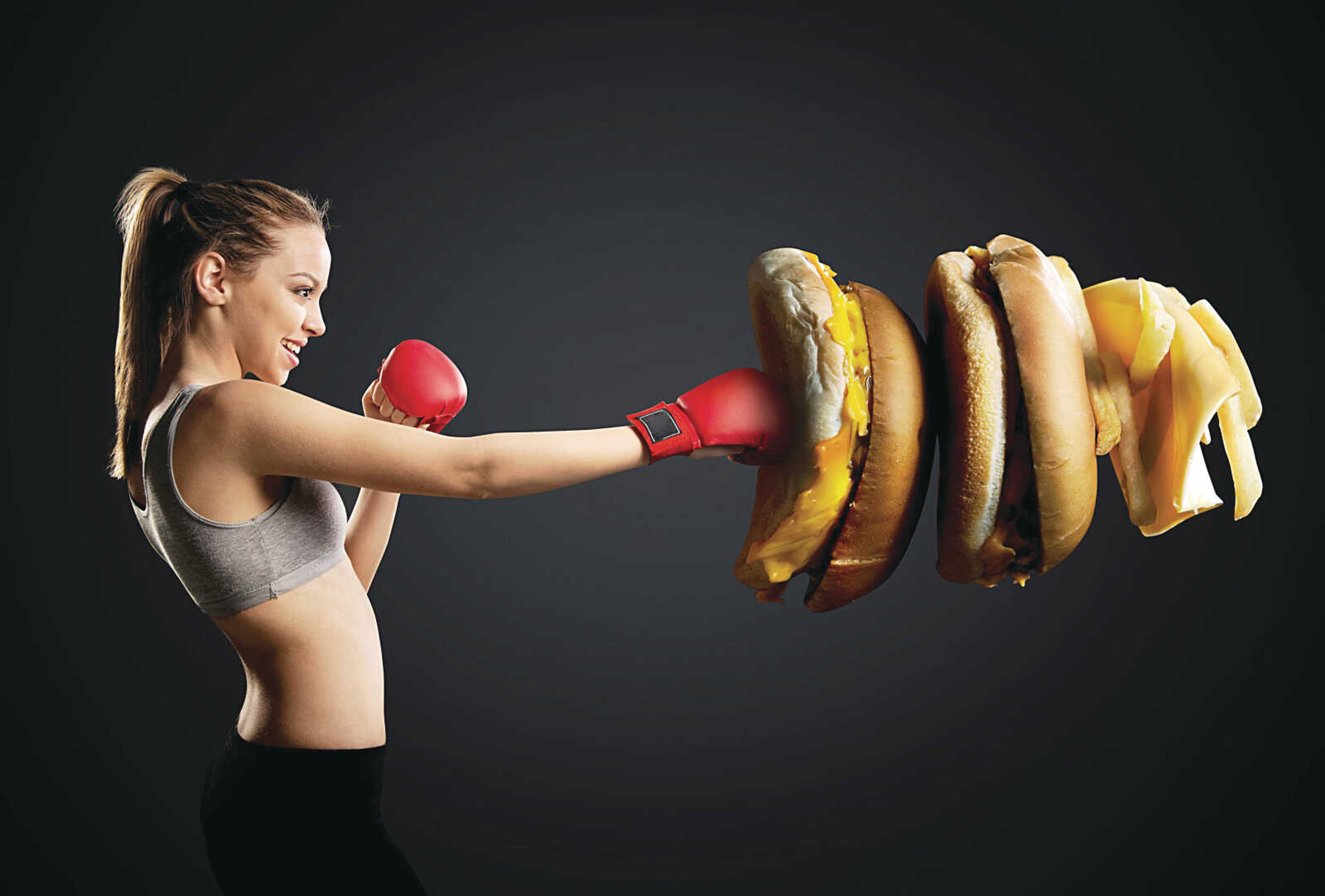Nutritionists discuss calories and the role they play in overall health
A calorie is a unit of measurement that most of us use to make food and beverage choices. But, how do calories play into our overall health? And, how are calories related to how much energy we burn? Two local nutrition experts "weigh in" with their opinions on the subject...
A calorie is a unit of measurement that most of us use to make food and beverage choices. But, how do calories play into our overall health? And, how are calories related to how much energy we burn?
Two local nutrition experts "weigh in" with their opinions on the subject.
"With calories, the most important thing is to spend them wisely," says Joel Ramdial, MA, RD, LD, a nutrition and dietetics instructor at Southeast Missouri State University. "For example, you could have two foods with the same amount of calories, but yet one is harmful and one is health promoting."
Lisa Elfrink, nutrition services coordinator for Cape Girardeau Public Schools, shares this information regarding calories.
"If you eat too many calories, it can cause a whole set of health problems, but yet, if you eat too few calories, it can cause an entirely different set of health problems, like malnutrition."

Ramdial also cautions against drinking extra calories.
"A lot of times, the calories we're drinking are oftentimes more harmful than the ones that we're eating," he says. "It's easier to over-consume calories from a beverage."
We often hear the term "empty calories." Ramdial explains what this phrase means.
"Empty calories are calories that don't provide any nutritional benefit. Examples include candy, soda, Kool-Aid, some desserts, fatty and fried foods, rich sauces and alcohol ... any food that's super fatty or super sugary," he says.
Elfrink says regular soda is the nation's No. 1 empty calorie culprit, and that a newer one is sweet tea.

"An empty calorie is something that does nothing for you nutritionally. It just adds calories," she says.
Ramdial shares these calorie guidelines.
"Most women need around 1,800 to 2,000 calories per day, and most men need around 2,000 to 2,500 calories per day," says Ramdial. "But, that also depends on a person's body size and activity level. The first step to maintaining a healthy weight is to figure out how many calories you burn within a day. Then, match or reduce the amount [of calories] your are taking in during the day."
Ramdial says that fitness apps can help with this.
"Apps like 'My Fitness Pal' or wearing a Fitbit can help you figure out how many calories you burn in a day," he says.

Elfrink agrees with the balance between calories and energy burned, but is a little more conservative on the calorie count for men and women.
"Average-size females need between 1,200 and 1,500 calories per day," she says. "Average size males need between 2,000 and 2,200. A very active person can take in a high calorie amount. A very sedentary person needs to take in way less calories. You need to take in the number of calories that you burn in energy each day."
Ramdial recommends focusing on portion sizes and variety at meal time. And, going with the "half plate" rule.
"With the half plate rule, you fill half of your plate with fruits and vegetables and the other half with starches, proteins and dairy," he says. "That's a good balance between nutrient-dense foods like fruits and veggies, and foods that are more energy dense, which have more calories."
Of course, Ramdial cautions that this only works if you limit meals to one plate of food.
"But, it's something you can do anywhere ... a restaurant, a friend's house or at home," he says.
Ramdial also recommends Googling "My Plate Daily Check List" for more calorie and nutrition advice.
Connect with the Southeast Missourian Newsroom:
For corrections to this story or other insights for the editor, click here. To submit a letter to the editor, click here. To learn about the Southeast Missourian’s AI Policy, click here.










